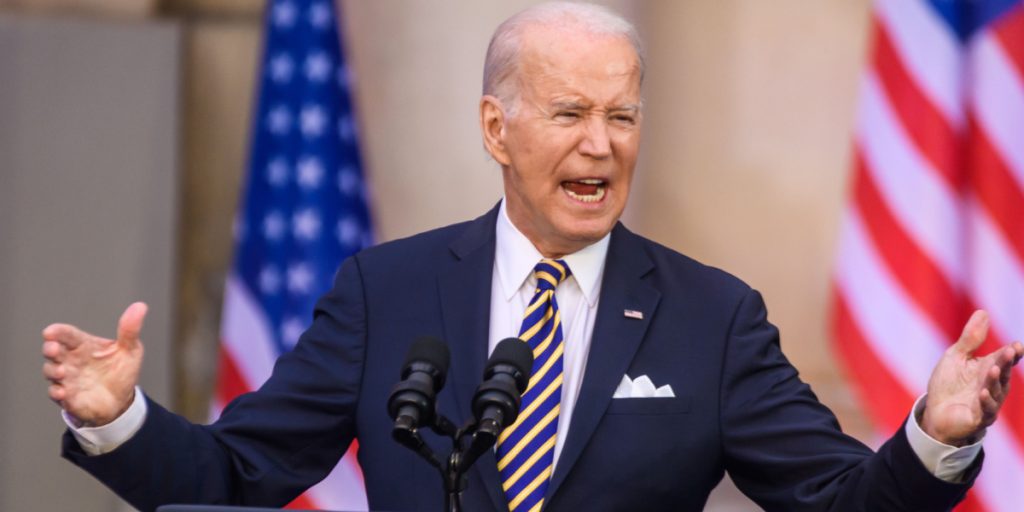Biden Seeks to Unblock US Aid for Ukraine.
Others are reading now
US President Joe Biden held discussions on Wednesday, January 17, at the White House with Congressional leaders to persuade them to continue providing aid to Ukraine. The aid is currently halted due to a lack of agreement between Republicans and Democrats, as reported by AFP and DPA according to Ziare.
Biden mentioned encouraging progress in discussions with Senate representatives. He emphasized, “Congress’s failure to act endangers US security, NATO, and the rest of the free world,” as stated in a White House release after the meeting.
The 81-year-old Democrat noted “encouraging progress” in talks with the Democrat-majority Senate. Senate Democratic leader Chuck Schumer found the meeting “very positive” and called for resolving immigration and Ukraine aid issues simultaneously, aiming for a consensus between the Republican and Democratic Parties.
Also read
He expressed unprecedented optimism about quickly reaching an agreement in the Senate that includes both issues, as well as aid for Israel and support for Taiwan, also strategic priorities for Joe Biden.
The situation differs in the House of Representatives, where Republicans hold the majority. House leader Mike Johnson deemed the White House meeting productive and acknowledged the importance of aid to Ukraine. However, he emphasized that “the highest priority is the border with Mexico,” where thousands of migrants arrive daily.
In late October, Biden requested $105 billion in financial aid for Ukraine and Israel from Congress, with $61 billion for continuing military assistance to Kyiv. House Republicans, in return, demanded a tightening of US immigration policy.
Simultaneously, Congress is negotiating a temporary funding agreement to avoid a federal government shutdown. The Senate is set to vote on this proposal on Thursday, giving Congress time to work on a broader budget, as stated by Schumer on Wednesday evening.
The US is considered Ukraine’s most important ally in defending against the Russian invasion launched in February 2022. Washington has already provided Kyiv with $44 billion.


